Climate science
-
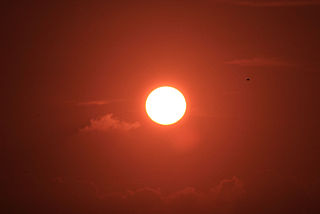
Every year we hear heartbreaking stories about children or pets that died in overheated cars. Some of them are accompanied by comments that people did not realize how hot the cars could get so quickly. Time magazine posted a story this week about how hot cars can get during heat waves or even in typical…
-
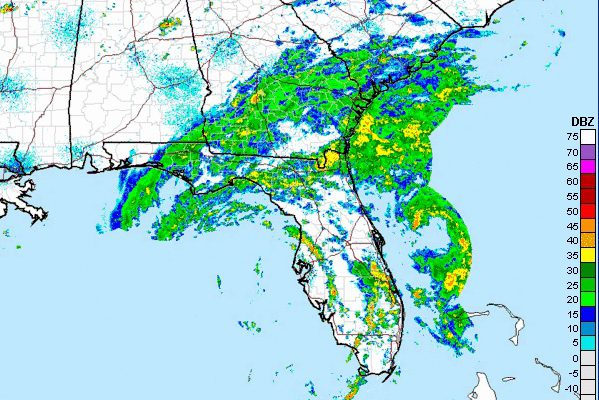
I am watching the rain shield from Subtropical Storm Alberto move through the Southeast this Sunday afternoon. Some of you are already getting wet from the bands of precipitation around the storm, especially on the east side (as usually happens). Others will see it start later today or tonight, and the rain will get worse…
-
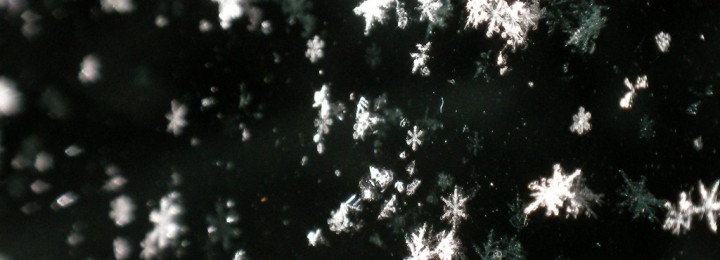
The earth has been around for about four and a half billion years, according to the best estimates of climate scientists. But in its early life, the planet was much different than is it now. This week an article in Nature discussed how it has changed and estimated when conditions were first right for snow…
-
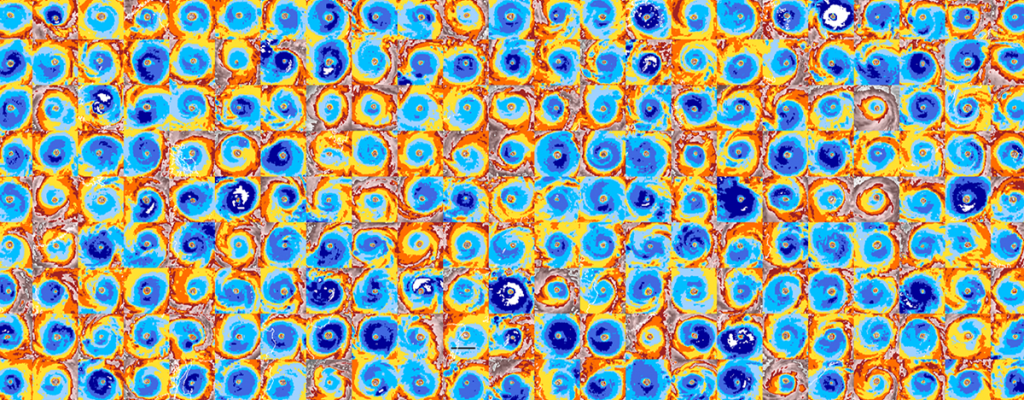
NOAA released a new climatology of hurricanes today, just in time for the start of the Atlantic hurricane season on June 1. This climatology looked at satellite images of hurricanes and tropical storms and used optical recognition to categorize the storms by the presence and size of eyes. They compared this information to known data…
-
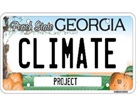
One year ago today a group of experts from around the State of Georgia met together to identify a list of 40 key questions on how climate trends are impacting and/or will impact Georgia in the future. Today the Georgia Climate Project released their Climate Research Roadmap listing these questions and why they are important.…
-
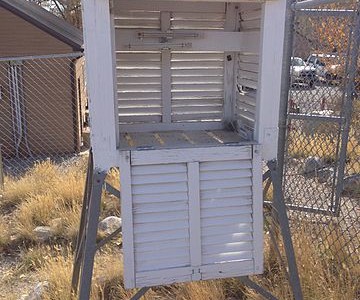
The latest issue of NOAA’s “Beyond the Data” blog has an interesting story about the history of the cooperative observer network, the backbone of long-term climate observations across the US. Did you ever wonder how the US has a climate record going back at least 125 years? How do we know what happened before that?…
-
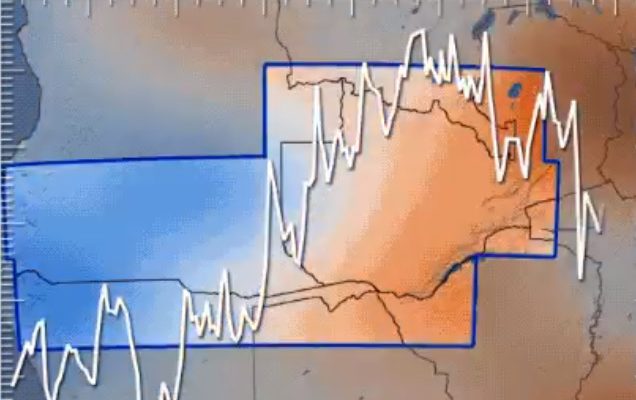
NASA Earth has an interesting article showing the movement of fresh water around the world as tracked from their satellite GRACE. Over that 15-year time period, they observed that “Earth’s wet areas are getting wetter and dry areas are getting drier due to a variety of factors, including human water management, climate change and natural…